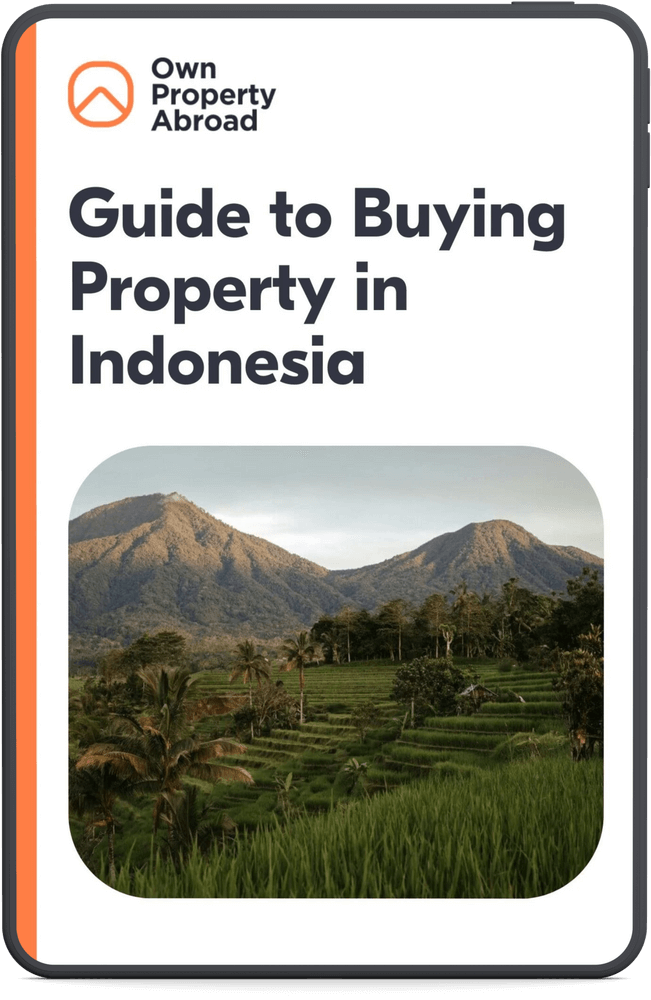Increased interest from Hong Kong and Singapore investors
Investors from Hong Kong and Singapore are showing a keen interest in Bali due to its higher rental yields. Unlike their home markets, where property prices are high but rental yields are low, Bali offers a more favorable investment environment with significantly higher returns. James Hartshorn, CEO and co-founder at Palm Developments, highlights Bali’s appeal to these affluent buyers, as the island’s low-cost, high-yield market presents a lucrative option. Rental yields in sought-after areas of Bali far exceed those in Hong Kong and Singapore, making it an attractive choice for investors.
Post-pandemic tourism revival boosting rental yields
After Indonesia lifted its pandemic travel restrictions and eased visa rules in 2022, Bali’s tourism industry is bouncing back. This resurgence, along with the increasing popularity of digital nomadism, has significantly boosted rental yields on the island. According to AirDNA, short-term rental incomes, as measured by revenue per available night, increased by 8% last year, while occupancy rates reached 56%, surpassing pre-pandemic levels. This trend highlights the growing demand for rental properties, which presents investors with a promising return on investment.
High-yield investment opportunities in south Bali
The southern region of Bali, particularly the Bukit peninsula, is becoming popular for high-yield investment opportunities. Properties in this area are generating an impressive 15 to 18 percent annually, which is attracting affluent buyers. The increase in international tourists and the growing popularity of Bali as a destination for digital nomads are creating demand for rental properties, ensuring steady income for investors. This trend highlights the potential for significant returns in Bali’s real estate market, making it an attractive prospect for those looking to invest in the region.
Challenges for foreign investors
In Bali’s real estate market, foreign investors encounter challenges despite the lucrative opportunities. According to Indonesian property laws, foreigners can lease property for a specific period with an option to extend, or establish a local company to acquire freehold ownership for up to 80 years. However, foreign property owners are subject to higher tax rates compared to Indonesian citizens. For example, British investor John Truong pays an income tax of 20% of the lease value, while local tax residents pay only 10%. Nevertheless, the high rental yields and potential for capital growth continue to attract foreign investors to Bali.
Growing hospitality developments and affordable entry-level properties
The local property market is experiencing significant growth due to a rise in hospitality-related developments. According to a report by C9 Hotelworks and Horwath HTL, the segment expanded by 184% last year, resulting in the addition of 1,816 units across 21 projects. Smaller companies are increasingly involved in developing new projects, offering managed and affordable residences. The entry-level properties start at around $130,000 and are aimed at investors looking for high rental yields and strong performance in the post-pandemic era. This trend highlights the increasing emphasis on value and performance, positioning Bali as an appealing destination for property investment.







